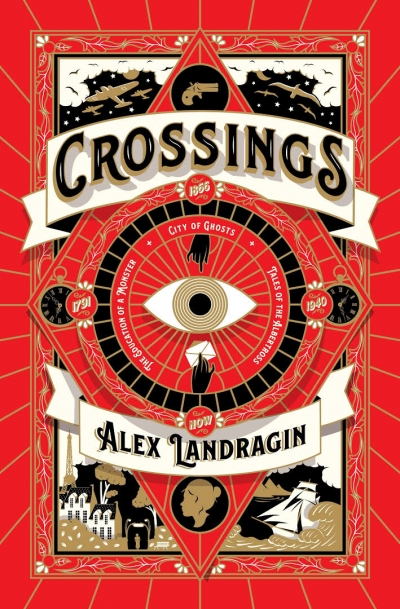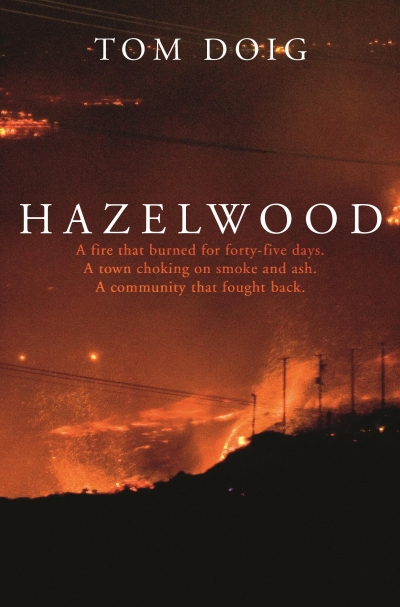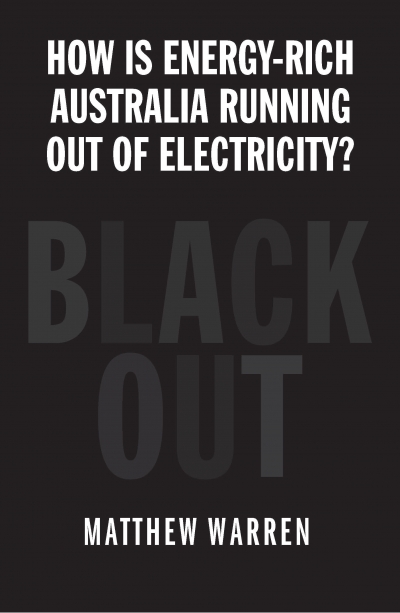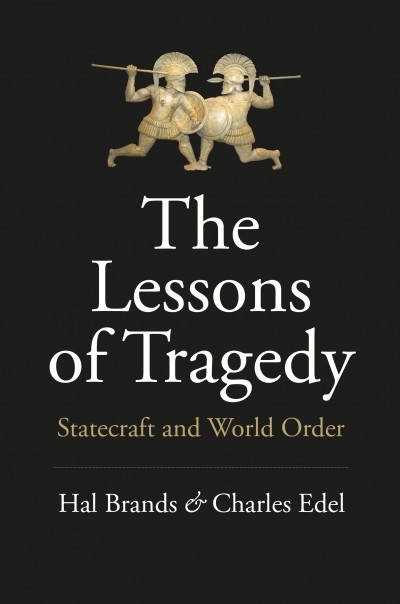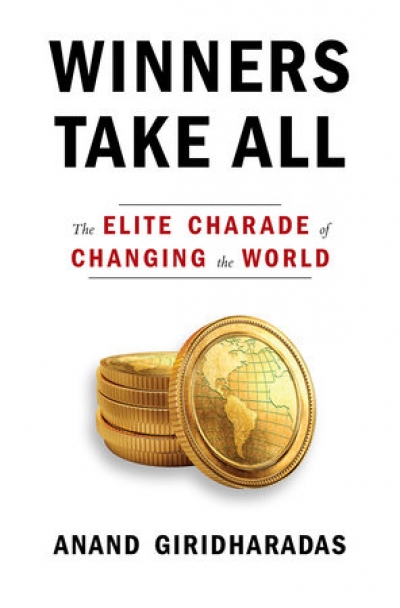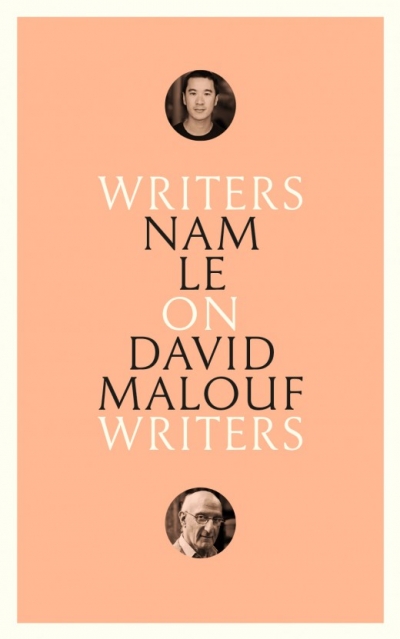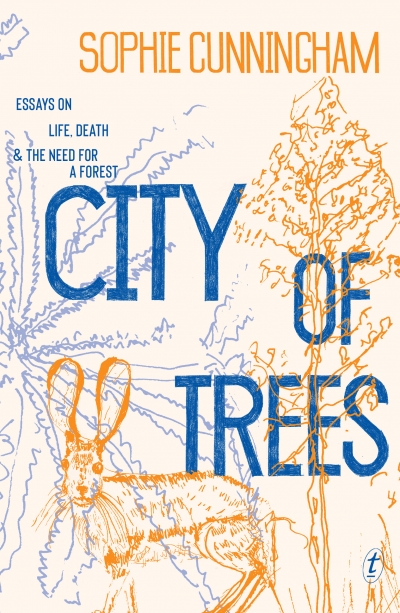VIC contributor
I swim at night, carving through water full of chlorine and tasting of mould, turning lap after lap before the pool closes down, while cells inside me hurry into being like bubbles under a running tap. The lifeguard stalks along beside the pool watching me. I know he’s trying to get me out, but I can’t stop swimming ...
... (read more)In a hallway with the door open, a Honeywell T87 will attempt to
equalise the temperature of the continuous (available) world. It sits
between the mirror-dresser and the coat-hook which resembles two
of four talons of a lived-in bird, like a Fiji or an Imitator goshawk ...
Blackout: How is energy-rich Australia running out of electricity? by Matthew Warren
The Lessons of Tragedy: Statecraft and world order by Hal Brands and Charles Edel
Winners Take All: The elite charade of changing the world by Anand Giridharadas
City of Trees: Essays on life, death and the need for a forest by Sophie Cunningham
Camping at Thurra River in the Croajingalong National Park, swimming in its tannin estuary, cooking fresh fish, gossiping while walking its long white beaches, watching the sea eagles soar.
... (read more)
